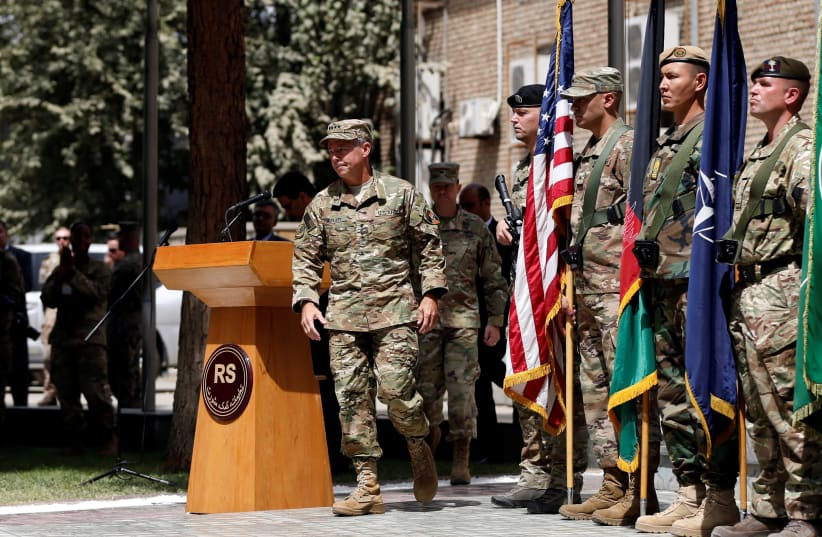Does America still have security interests in the Middle East?
There is a reason that since 9/11 we have not had another catastrophic attack, and have not sustained the radical Islamist terrorism Europeans have endured from France to Belgium to Spain.
